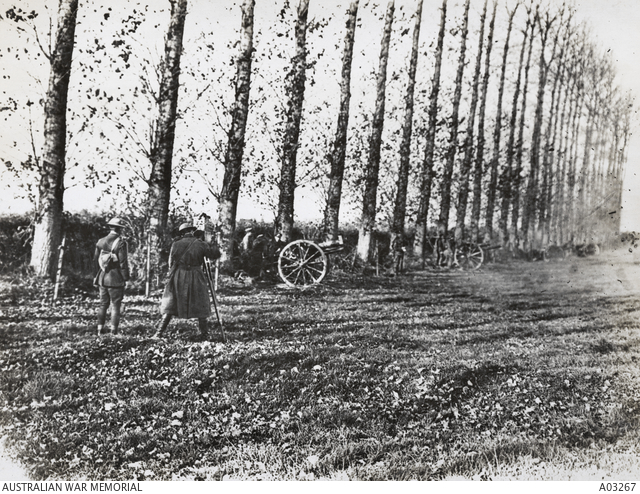Update 12 November 2021: Ian Bushnell in The Riot Act links Remembrance Day and what the Australian War Memorial is becoming (’80 years on [since it was opened], the War Memorial is in a battle for its soul’).
Update 11 November 2021: Inside Story piece from Anne-Marie Conde. A wide-ranging reflection on the nature of remembrance.
Who is a hero and who is a coward? Who is remembered and who is forgotten? How is the memory of the dead to be preserved? That man with a gun — that man with a spear — is he a patriot or is he a criminal? These binary questions are probably not useful. What is important is that we are attentive to whatever unquiet stories the land might reveal.
Update 11 November 2021: Douglas Newton on Pearls & Irritations (‘Reflections for Remembrance Day: the right to question is incontestable’) and Paul Daley on Guardian Australia (‘Here’s why on Remembrance Day politicians should be kept away from the commemorations’). Both authors had chapters in The Honest History Book (2017), which took a similarly sceptical view of politicians and other urgers seeking to capitalise on death and misery.
Remembrance Day address from War Memorial Director Anderson.
***
Since the extravaganza of the Anzac Centenary 2014-19 many people have taken more notice of Remembrance Day, 11 November, because it was the day the Great War ended, than of Anzac Day. Perhaps by playing up 11 November we can become less inclined to indulge in mutual back-slapping about how well we Australians fight and more ready to look at what peace might look like. That vision of peace would have appeared to many people – at least for a time – on 11 November 1918 when the guns fell silent.

A British official photographer filming the last shot fired before the Armistice, 11 November 2018 (AWM/IWM)
Honest History over the years has posted a number of items to mark Remembrance Day. Here are some of them. You can find more by using our Search engine, with the search term ‘Remembrance Day’.
- Our columnist Jauncey in 2013 considered former prime minister, Paul Keating’s Remembrance Day speech of that year and his Unknown Australian Soldier speech 20 years earlier.
- For Remembrance Day 2016, historian Richard Reid wrote about six men who fought in the Great War.
- For Remembrance Day 2017, we put together this small collection of miscellaneous remarks, under the title ‘Remembrance Day is a good day to think’.
- To mark Remembrance Day 2018, we collected these items, mostly from beyond the mainstream media, including blogger, Phil Cashen, on how the 1918 Armistice was marked in rural Victoria.
- Professor Bobbie Oliver was appalled at Remembrance Day 2019 by the then recent appointment of former prime minister, Tony Abbott, to the Australian War Memorial Council.
- Also in 2019, we published Professor Douglas Newton’s thoughts on how the War Memorial could do its job differently in future.
- And for this year, a brief explainer from the ABC. (Plus this piece from earlier this week: what do those words ‘Australian War Memorial’ really stand for?)
Finally, a perceptive remark from author Michael McGirr about how Australians remember and commemorate. May the greater prominence of Remembrance Day – the day when peace came – in comparison with Anzac Day – the day when commemoration often slops over into celebration – reduce the prevalence of the attitude that McGirr critiques. A world where peace lasts is surely preferable to one where war is normalised, buttressed by Anzac Day and the Anzac Legend.
As fewer and fewer Australians actually know somebody who fought in World War I or World War II, the commemoration of war has changed from a quiet remembrance of other people to an unrestrained endorsement of ourselves. As ideology comes to replace history, there are fewer and fewer faces to go with the stories. They have been replaced by a lather of clichés, most of which are as much about filling a void in the narcissistic present as lending dignity to the past. People now seem to believe that in looking at the Anzacs they are looking at themselves. They aren’t. The dead deserve more respect than to be used to make ourselves feel larger. (Bypass: The Story of a Road, first published 2004, p. 246)
Lest We Forget.
10 November 2021

Remembrance Day, Townsville, Queensland, 1918 (SLQ)

